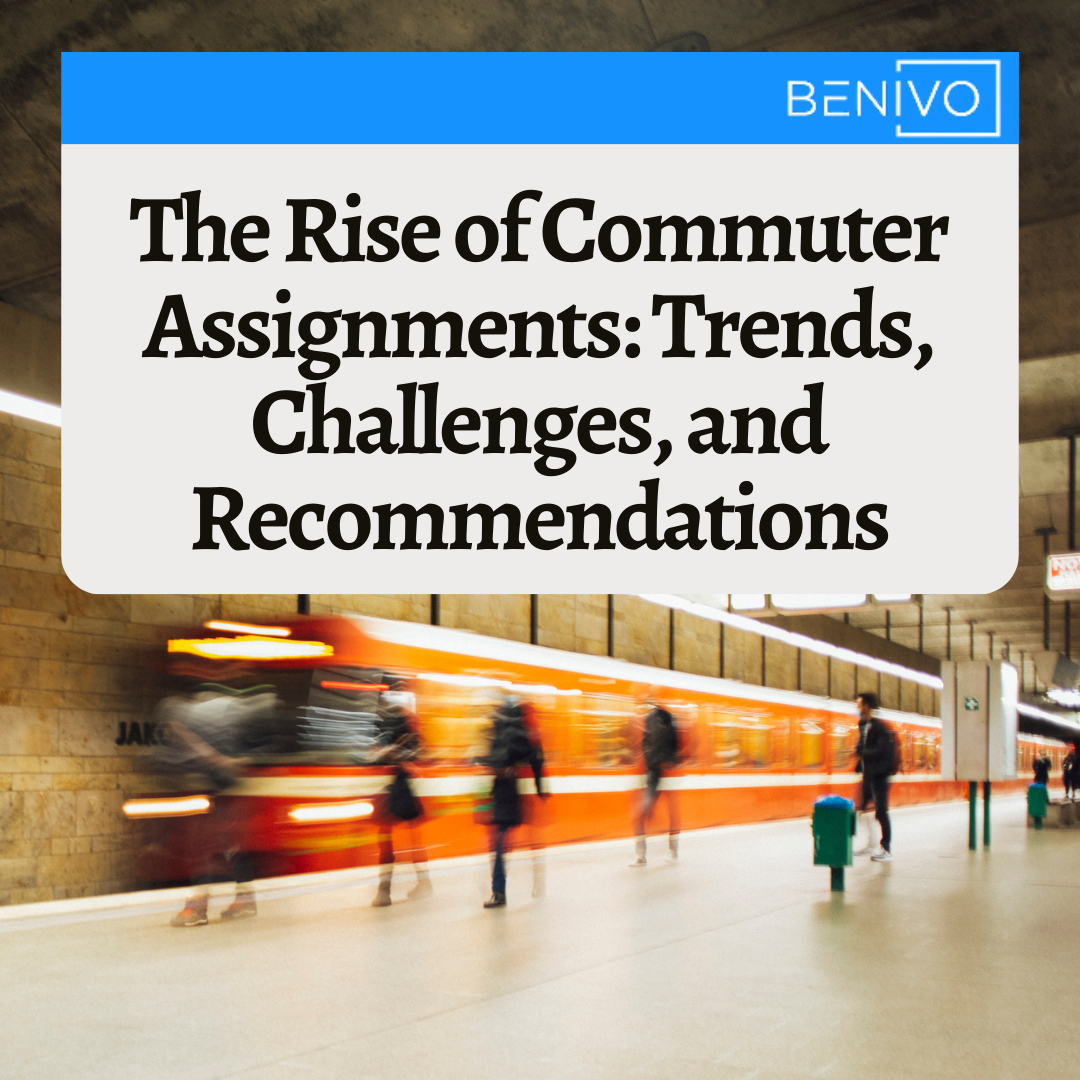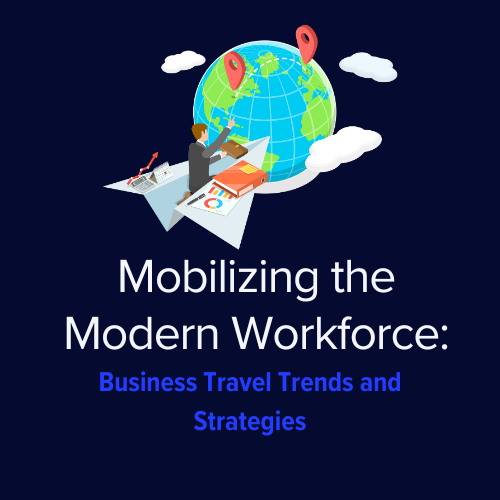Russ Haynie
Recent Posts
The world of work has seen significant shifts in recent years, with businesses adapting to new norms. Among these shifts, the growing trend of international commuter assignments has been particularly noteworthy. If you're unfamiliar with the concept, commuter assignments refer to a work arrangement where employees operate in a country different from their usual place of residence for a defined period, perhaps a portion of their working week, returning home for the remainder. These arrangements have grown in popularity, largely as a legacy of the pandemic-driven need for flexible work solutions. But what do they entail, and how can companies optimize them? Let's dive in.
Read MoreThe corporate global mobility landscape is at a pivotal juncture, influenced by the changing dynamics of the modern workforce and technological advancements. Companies are reevaluating their strategies so it's imperative to understand the trends shaping the future of mobility. Recent benchmark surveys conducted by Benivo provide a wealth of insights into these emerging trends, offering a glimpse into how corporate mobility benefits and policies are likely to evolve.
Read More- In today's ever-evolving work landscape, the emergence of hybrid work arrangements is reshaping the way we think about office space, productivity, and employee wellbeing. According to the Survey of Workplace Attitudes and Arrangements (SWAA), a recurring monthly survey conducted by WFH Research, work-from-home arrangements are stabilizing at about 25% of full work days, a 5-fold jump from 2019. For many global mobility program managers, this transition is not without its challenges, particularly when it involves asking remote employees to commute to an office that's not feasibly accessible from their current remote locations.
As we venture through the balance of 2023 and beyond, the future of business travel is being shaped by various emerging trends, reflecting changing corporate needs and attitudes, technologies, sustainability considerations, and shifts prompted by the aftermath of the COVID-19 pandemic. These developments call for a thoughtful reimagining of traditional business travel and require corporations to rethink their strategies.
Read MoreAs we venture through the balance of 2023 and beyond, the future of business travel is being shaped by various emerging trends, reflecting changing corporate needs and attitudes, technologies, sustainability considerations, and shifts prompted by the aftermath of the COVID-19 pandemic. These developments call for a thoughtful reimagining of traditional business travel and require corporations to rethink their strategies.
Read More



